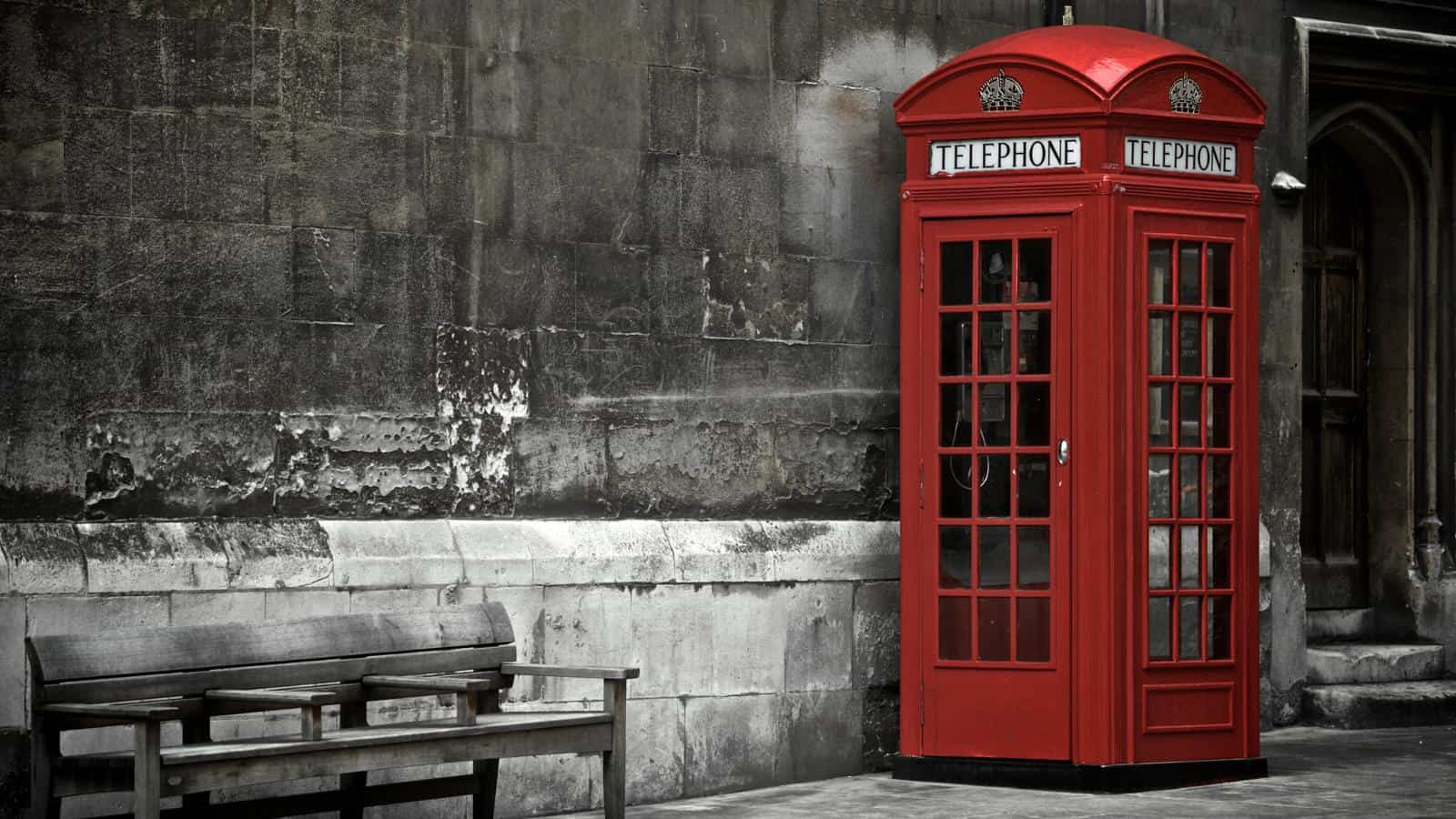Technology develops at an exponential rate, and whilst this is excellent for our quality of life, it’s unfortunately making many beloved things from the past obsolete. Take the following 17 everyday things, for example, they have all been affected and are sadly disappearing from our everyday lives.
Handwritten Letters

Today, handwritten letters are usually reserved for special occasions and sent by people who want to be thoughtful. This is because electronic mail and instant messaging platforms have made it so easy to share information. We imagine handwritten letters will always exist to some extent, but they’re never returning to our everyday lives.
Movie Rental Stores

Video rental stores like Blockbuster and Hollywood Video were the most convenient ways to get movies in the 1980s and 1990s, peaking in 2004. However, since streaming platforms such as Netflix came along, they’ve taken over the market, leading to most movie rental stores disappearing completely.
Printed Newspapers

These days, most of us look towards digital platforms for breaking news, so it probably isn’t surprising to see newspapers on this list. Digital alternatives are making newspaper providers redundant, with Forbes pointing out that their decline in popularity reached exponential levels throughout the COVID-19 pandemic.
Printed Encyclopedias

If you want to learn facts about the world, a physical encyclopedia is no longer your go-to option. Online search engines, social media, and digital encyclopedias like Wikipedia and Britannica have become the go-to sources of information. In fact, the only physical encyclopedia still published in the US today is the World Book.
Physical Dictionaries

Much like encyclopedias, search engines like Google are far more convenient sources for word definitions than dictionaries were in the past. Even everyday office software such as Microsoft Word includes features for synonyms, and if you’re traveling, mobile translation apps are far lighter to carry around than a bulky dictionary.
Photo Albums

Physical photo albums allow us to revisit special memories and save them for generations to come, but they are fragile, unlike the digitally backed-up image files of the modern world. This means that whilst most people still appreciate the value of photo albums, they’re risky and rarely made these days.
Fax Machines

Faxing itself isn’t going away, as it’s a great data security measure in the legal and healthcare sectors. What’s disappearing, however, are traditional fax machines for document printing, which have long since been replaced with more intuitive and convenient online faxing services.
Physical Checks

Physical checks for payments are rapidly disappearing from our banks, and it’s all thanks to the digital banking revolution. In fact, they’ve become so obsolete that there’s only one Federal Reserve location for processing physical checks in the US, compared to the 45 that existed in 2003, The Washington Post shares.
Paper Maps

Paper maps used to be essential for navigation, but as soon as GPS technology became widespread, maps became a rarity. Now, we have maps from Google and Apple that are far easier to use, give us real-time traffic information, and even reroute our directions when we make a wrong turn.
CDs

After decades of dealing with the temperamental audio quality of cassettes and records, the digital music of CDs was a breath of fresh air. However, after just a decade of popularity, CDs were beginning to be replaced by MP3 players, and with the music streaming platforms of today, nobody buys CDs anymore.
Phone Booths

Public phone booths have disappeared from our streets since the invention of the cellphone. By 2018, only 100,000 were still operating in the US, compared to over two million in 1999. This trend has only continued, with the Economic Times announcing that New York City was finally free of phone booths in 2022.
Disposable Cameras

Disposable cameras are nowhere near as popular as they were in the 1980s. Smartphone cameras have improved so much over the years that they are now capable of cinematographic shots, and while analog photography aesthetics still exist, it’s usually replicated with photo editing software. It’s sad to see them go.
VCRs

VCRs allowed us to record TV programs and movies to rewatch later and were considered luxury items back in the ‘70s. However, once DVDs arrived in the early 2000s, people realized that their quality was far better, so VCRs disappeared. Now, even DVDs have been made obsolete by streaming services.
Bookstores

Manhattan had 386 bookstores in 1950, but The Guardian estimates this number is now at just 80. This is because people now purchase books online for a cheaper price or download them to mobile devices to avoid carrying heavy books. Books are unlikely to completely disappear, but you can wave goodbye to bookstores.
Traditional Landline Phones

It may come as a surprise, but some people still use desk-top landline phones that run on copper wire. This won’t continue for much longer, though. While smartphones have widely replaced traditional landlines, the few that still exist will be switched to a digital, internet-powered medium by 2025.
Keys

Over the years, new smart technology has slowly kicked keys out of relevance. To access many new homes today, you’ll need pins and biometric data implemented through smart locks. When it comes to unlocking and starting modern vehicles, key fobs, buttons, and even smartphone apps have become the go-to options.
Typewriters

Finally, saying farewell to typewriters isn’t going to be a shock to you. Once cutting-edge, typewriters are very rare to see these days, even in the offices of professional authors. Word processors are the new industry standard, and the only people still using typewriters are ‘hipsters’ clinging on to the past.
More From Planning to Organize

17 Things You Should Never Eat for Breakfast
18 Things That Have Become Too Expensive And Are No Longer Worth It
